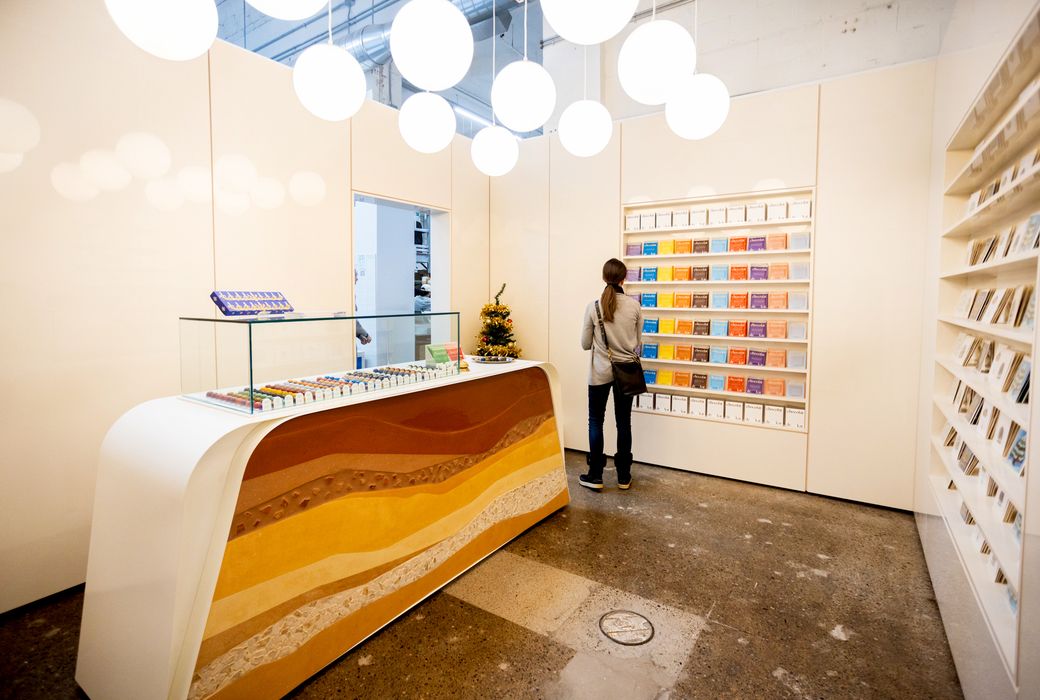Featured
Find a Grocery Store:
Know what you’re looking for already?
Latest Reviews
Explore Grocery
Find Grocery by Category:
- Asian Groceries (39)
- Beer Stores (25)
- Bulk Food (15)
- Butcher (57)
- Candy Stores (15)
- Cannabis Store (52)
- Cheese (22)
- Chocolate (25)
- Cigars (7)
- Condiments (7)
- Deli (4)
- Distillery (3)
- Eastern European Products (16)
- Fruit and Vegetables (27)
- Health Food (35)
- Japanese Products (6)
- Latin American Products (9)
- Local Products (7)
- Market (22)
- Middle Eastern Products (19)
- Prepared Foods (42)
- Seafood (29)
- Sprouts (1)
- Tea (7)
Find Grocery by Neighbourhood:
- Annex (12)
- Avenue and Lawrence (4)
- Baby Point (2)
- Baldwin Village (1)
- Bayview and Leaside (10)
- Beaches (10)
- Bloorcourt (4)
- Bloordale Village (3)
- Bloor West Village (7)
- Brockton Village (2)
- Cabbagetown (7)
- Castlefield Design District (4)
- Chinatown (4)
- Church Wellesley Village (3)
- CityPlace (1)
- Corktown (1)
- Corso Italia (5)
- Danforth (12)
- Danforth East (6)
- Davenport Village (1)
- Distillery District (6)
- Don Mills (9)
- Dovercourt Village (1)
- Dundas West (11)
- East Chinatown (2)
- East York (9)
- Eglinton West (7)
- Entertainment District (1)
- Etobicoke (27)
- Financial District (3)
- Forest Hill Village (1)
- Harbourfront (1)
- Junction (9)
- Junction Triangle (2)
- Keelesdale (2)
- Kensington Market (16)
- King East (1)
- King West (4)
- Koreatown (4)
- Leslieville (14)
- Liberty Village (5)
- Little India (5)
- Little Italy (9)
- Markham (8)
- Mississauga (7)
- Moss Park (1)
- Mount Pleasant (3)
- North York (40)
- Oakwood Village (4)
- Ossington (4)
- Pape Village (2)
- Parkdale (3)
- Queen West (3)
- Regent Park (1)
- Richmond Hill (2)
- Riverside (4)
- Rogers Road (1)
- Roncesvalles Village (13)
- Rosedale (9)
- Scarborough (33)
- South Core (1)
- St. Clair West (6)
- St. Lawrence Market (36)
- Stockyards District (7)
- Thorncliffe Park (1)
- Thornhill (7)
- Upper Beaches (6)
- Vaughan (1)
- Weston-Mount Dennis (3)
- West Queen West (6)
- Woodbridge (5)
- Yonge & Bloor (4)
- Yonge & College (3)
- Yonge & Dundas (4)
- Yonge & Eglinton (8)
- Yonge & Lawrence (5)
- Yonge & St. Clair (1)
- Yorkville (1)





